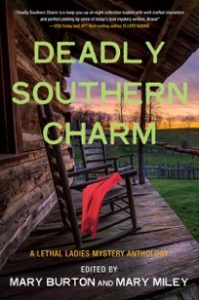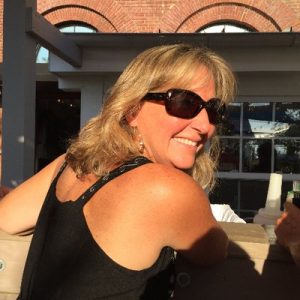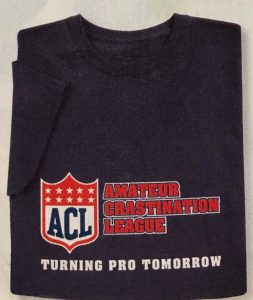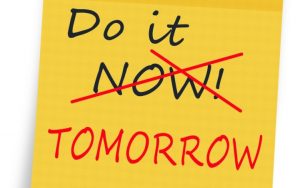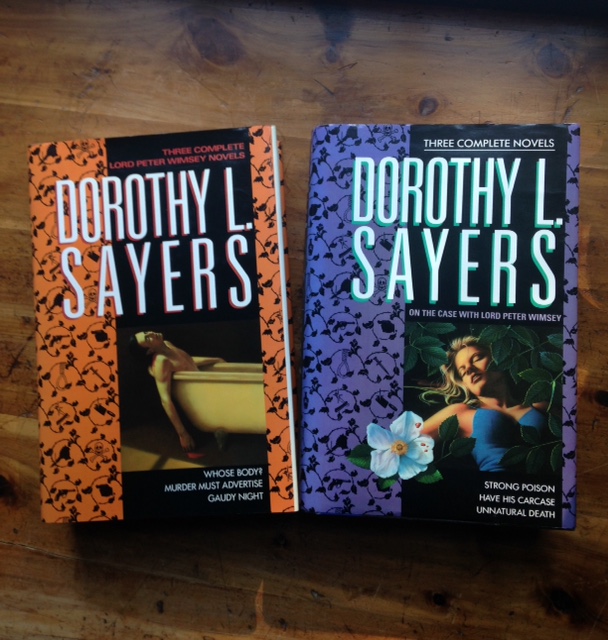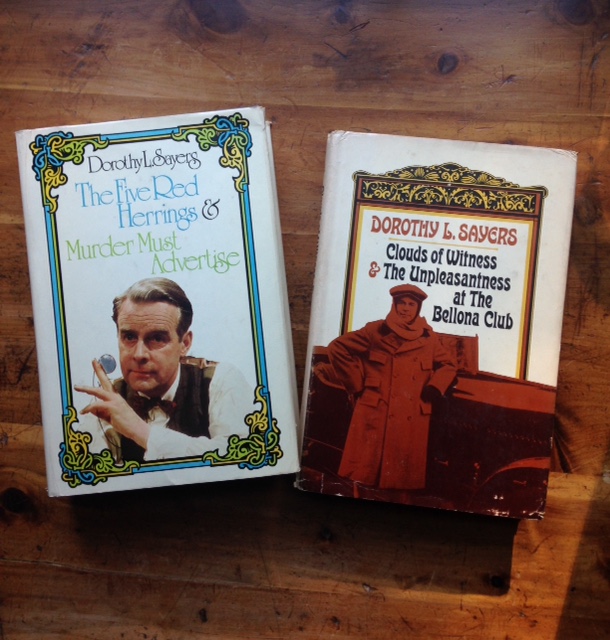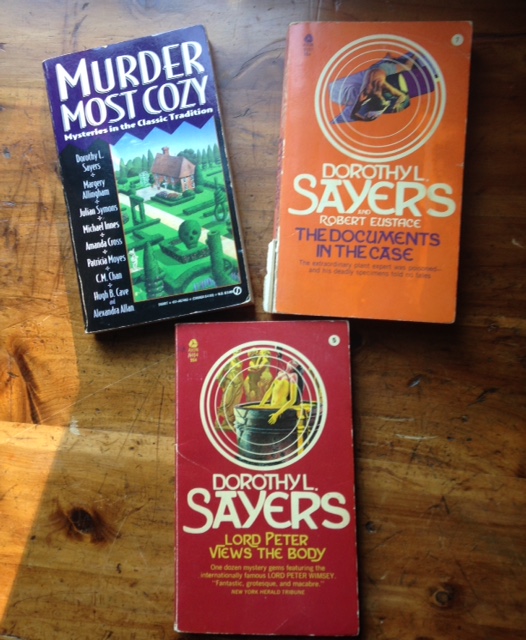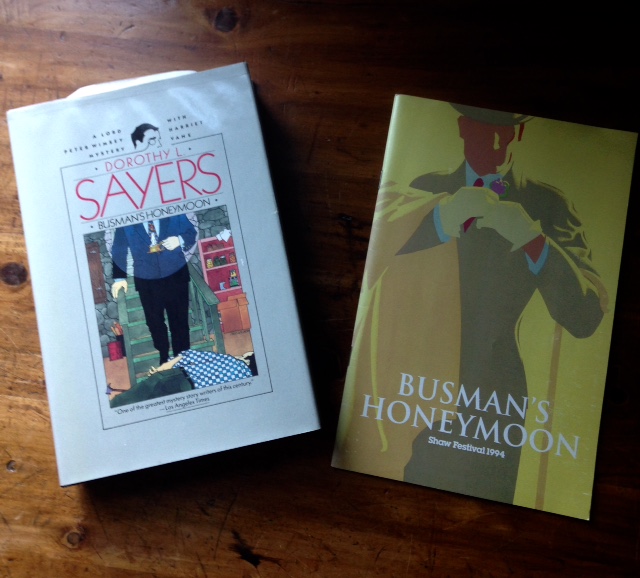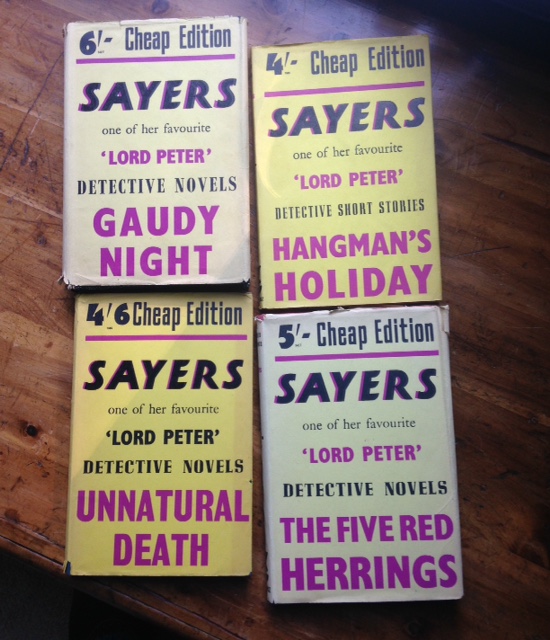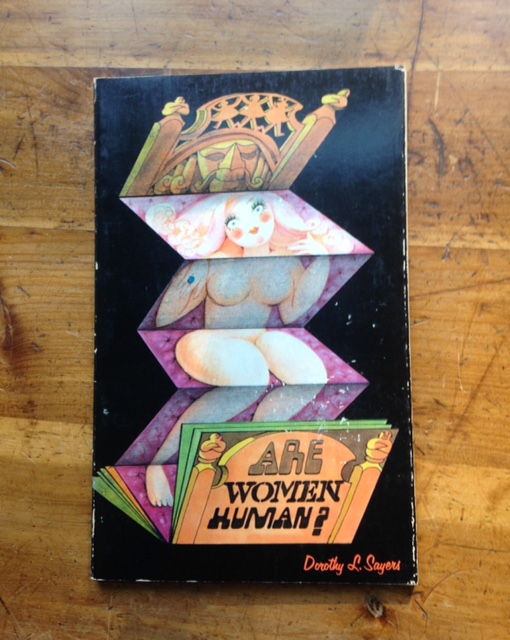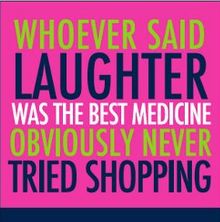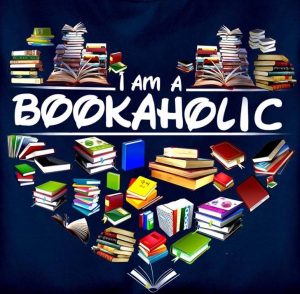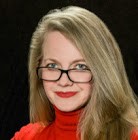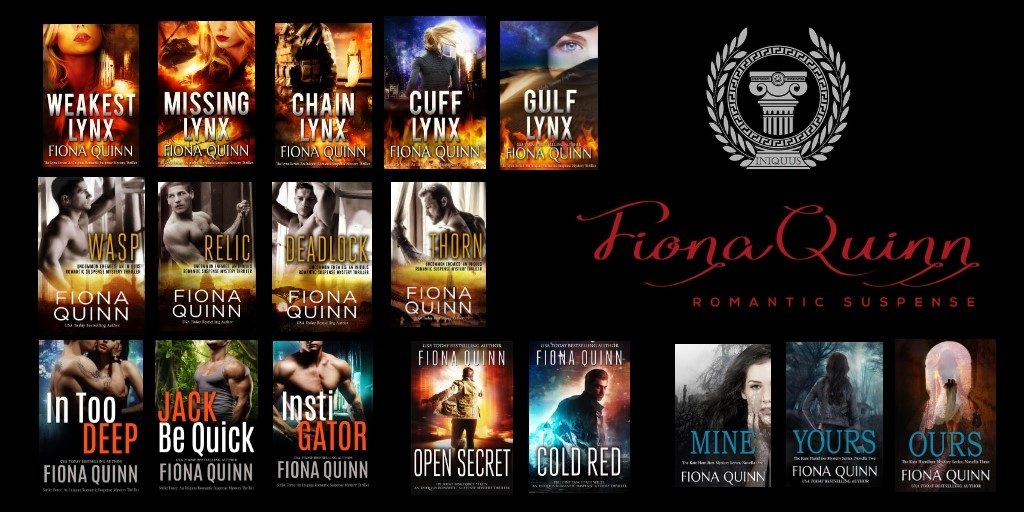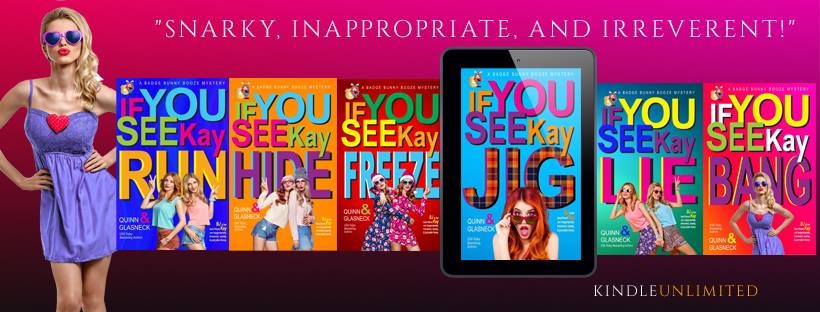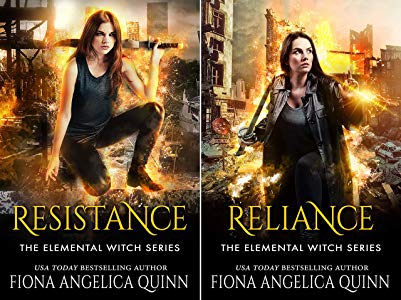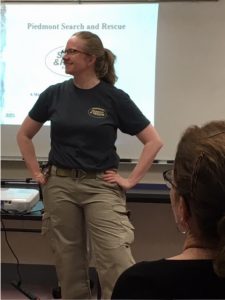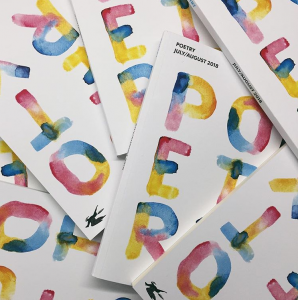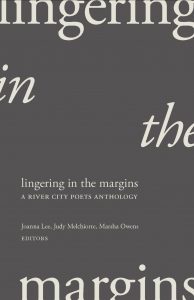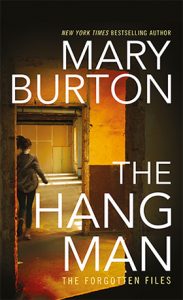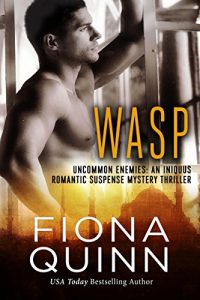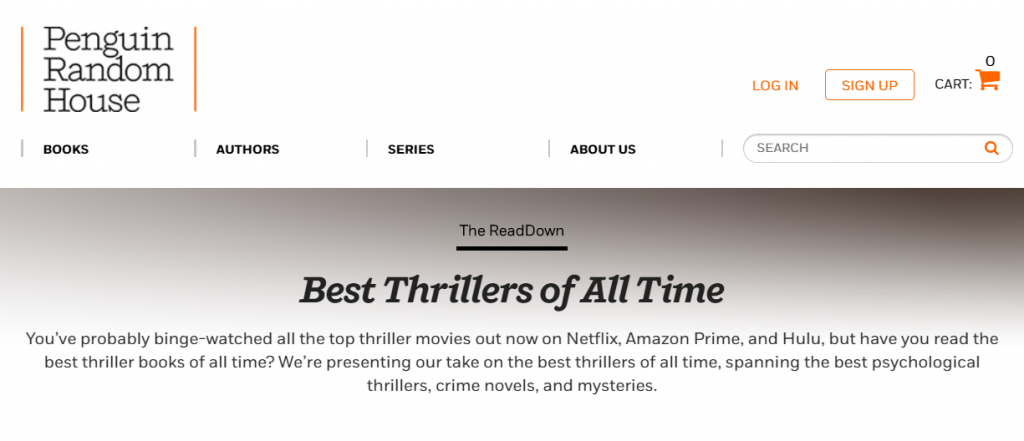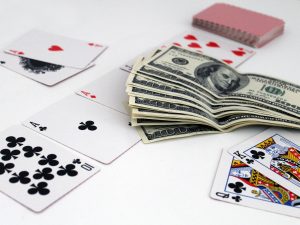What are three things about you that your readers probably don’t know?
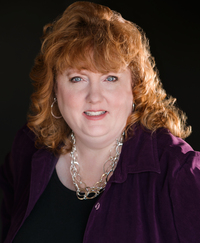 Heather: (1) I had the best childhood. I grew up in Virginia Beach, and my dad was a cop. One of my first jobs was to pick up spent shell casings for him after he practiced at the range. When he was in charge of the SWAT team in the early 70s (way before paintball), we melted down my old crayons and made wax bullets for simulations. (2) I am an 80s girl, and music from the Decade of Excess is always my favorite. (3) I can’t carry a tune, but I love to sing loudly in the car. And when “Bohemian Rhapsody” comes on, I sing all the parts.
Heather: (1) I had the best childhood. I grew up in Virginia Beach, and my dad was a cop. One of my first jobs was to pick up spent shell casings for him after he practiced at the range. When he was in charge of the SWAT team in the early 70s (way before paintball), we melted down my old crayons and made wax bullets for simulations. (2) I am an 80s girl, and music from the Decade of Excess is always my favorite. (3) I can’t carry a tune, but I love to sing loudly in the car. And when “Bohemian Rhapsody” comes on, I sing all the parts.
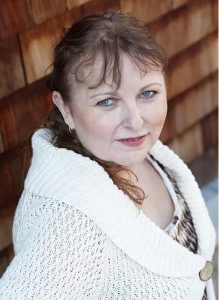 Lynn: I want to do EVERYTHING. When I was in high school, I was president of the Future Homemakers of America, held office and won district in accounting in Office Education Association, played clarinet in the band, and co-captained our school’s first flag corp. I’ve worked for a non-profit, state social agency, a large corporation, and owned my own businesses. I see it all as experiences for life and writing.
Lynn: I want to do EVERYTHING. When I was in high school, I was president of the Future Homemakers of America, held office and won district in accounting in Office Education Association, played clarinet in the band, and co-captained our school’s first flag corp. I’ve worked for a non-profit, state social agency, a large corporation, and owned my own businesses. I see it all as experiences for life and writing.
 Samantha: (1) I worked as a wedding and event planner for 16 years and got my start in the D.C. political world where I planned events for then President Bill Clinton and Vice President Al Gore. I also had the pleasure of planning a holiday party for Adrian Cronauer, (the man Good Morning Vietnam was based on.) (2) I once talked my way backstage to meet Robert Plant with my husband who had met him once before, that was my “in.” (3) In addition to writing mysteries, I also write greeting cards and work as a freelance ghostwriter.
Samantha: (1) I worked as a wedding and event planner for 16 years and got my start in the D.C. political world where I planned events for then President Bill Clinton and Vice President Al Gore. I also had the pleasure of planning a holiday party for Adrian Cronauer, (the man Good Morning Vietnam was based on.) (2) I once talked my way backstage to meet Robert Plant with my husband who had met him once before, that was my “in.” (3) In addition to writing mysteries, I also write greeting cards and work as a freelance ghostwriter.
Libby: I married a Bermudian and lived there for five years, where we had our two girls. I refuse to eat blue M&M’s – it’s just not right. I’m the only person I know who HATES those wire things that “massage” your scalp.
 Frances: 1) I love to travel and have visited over 30 countries. 2) I worked in the investment industry and am passionate about promoting financial literacy. My financial thriller Money Grab has a few investment tips worked into the plot. I’ve done presentations for college groups on how to manage your money. 3) I’m married to my high school sweetheart.
Frances: 1) I love to travel and have visited over 30 countries. 2) I worked in the investment industry and am passionate about promoting financial literacy. My financial thriller Money Grab has a few investment tips worked into the plot. I’ve done presentations for college groups on how to manage your money. 3) I’m married to my high school sweetheart.
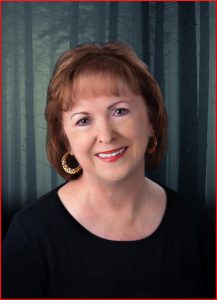 Maggie: 1) I wrote very bad poetry in high school as an outlet for my considerable adolescent angst. 2) I lived in Los Angeles for many years, and what I miss the most is the Hollywood Bowl with its classical and jazz concerts. I met my husband at a singles classical concert given in an elegant home in the Hollywood Hills. Our wedding reception was hosted by the woman who managed the singles’ concerts. 3) I relocated from Los Angeles to Charlottesville, Virginia without benefit of a preliminary visit! I lived there for six years before moving down the road to Richmond (which I did visit first).
Maggie: 1) I wrote very bad poetry in high school as an outlet for my considerable adolescent angst. 2) I lived in Los Angeles for many years, and what I miss the most is the Hollywood Bowl with its classical and jazz concerts. I met my husband at a singles classical concert given in an elegant home in the Hollywood Hills. Our wedding reception was hosted by the woman who managed the singles’ concerts. 3) I relocated from Los Angeles to Charlottesville, Virginia without benefit of a preliminary visit! I lived there for six years before moving down the road to Richmond (which I did visit first).
Kristin: 1) In my twenties, I bought a one-way ticket to Prague and ended up living there for three years. 2) Every year for the past decade, I’ve tap danced as a *Rockette* for our local theater’s live-Christmas holiday spectacular every December. 3) I love to travel, and at one point my passport was so full of stamps, I had to go to the U.S. Embassy to get pages added so I could keep using it.
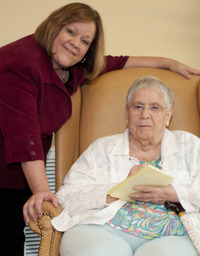 Genilee: 1) I’m a small-town girl originally from Ohio, which is why I chose a small town for my story and for the book I’m writing using some of the same characters. I love the people and feel of a small town. 2) I set the story and my book in New Iberia, Louisiana because I lived near there (Lafayette, Louisiana) for several years and fell I love with the culture of that area. 3) I’m about to become a small-town gal again. After living in the D.C. area forty years, I’m moving to Granbury, Texas in June.
Genilee: 1) I’m a small-town girl originally from Ohio, which is why I chose a small town for my story and for the book I’m writing using some of the same characters. I love the people and feel of a small town. 2) I set the story and my book in New Iberia, Louisiana because I lived near there (Lafayette, Louisiana) for several years and fell I love with the culture of that area. 3) I’m about to become a small-town gal again. After living in the D.C. area forty years, I’m moving to Granbury, Texas in June.
J.A.: I’ve visited the Chichen Itza ruins in Mexico. In the mid 90’s I competed in an international martial arts tournament in Atlanta. I placed second in weapons with a nunchucks form. Bugs Bunny was, and still is, my hero.
Stacie: 1) I got in a fight with Kazakhstani bus conductor in 2017 over whether I should be speaking Kazakh or Russian on his bus. 2) I fulfilled all qualifications for Red Cross Senior Lifesaver – including swimming a mile – when I was 10, too young to actually get the award. But I did get an article in the newspaper! 3) I’ve lived in 10 states and one defunct foreign country (USSR).
If you could be any other writer, living or dead, who would you be and why?
Heather: This is a tough one. I’m not sure I’d know how to write any other way than I do. If I could, I’d love to do some time travel and meet Emily Dickinson, Jack London, Agatha Christie, Ernest Hemingway, and F. Scott Fitzgerald.
Lynn: I’m like Heather, I love the writer I am. But, there are some I’d love to be in their shoes for maybe a day. Mostly to understand their thought process. Stephen King when he was writing The Stand, Deborah Harkness writing the All Souls Trilogy. Robyn Carr writing the Thunder Point series. And Richard Bach writing Illusions.
Samantha: First, I have to second Lynn’s comment on Richard Bach. Illusions will always be one of my favorite books. I don’t know that I’d want to be another writer, but there are a few I would have liked to have known and learned from including Agatha Christie and Sue Grafton.
Libby: I would have loved to be able to write characters the way Marion Zimmer Bradley did in The Mists of Avalon. I would also love to see how Charles de Lint gets his ideas, and how JK Rowling managed her time and tight plot threads while writing the Harry Potter series.
Frances: Two writers I admire are Daphne du Maurier and Tana French. Both write suspense-filled novels, bristling with tension, with memorable characters struggling to find their place in the world. Their descriptions are poetic and evocative.
Maggie: I’ve loved Anne Tyler and W. Somerset Maugham since first “meeting” them in high school. An author who can write a story that appeals to a silly high school girl is indeed gifted. I have studied the works of mystery writers Gillian Roberts and Joan Smith extensively and consider them mentors. And Agatha Christie and Sue Grafton—how did they come up with those compelling plots and great characters?
Kristin: I would be Jodi Picoult. I respect how she can take a timely, edgy current event or issue and create a suspense novel, which explores every angle and makes the reader reassess their views on said topic. I’m not sure I’m as brave and bold as she is, but I’d love to give it a go!
Genilee: I’d love to have the ability to layer a plot like Mary Higgins Clark, who has always been skilled at throwing the reader off in believable ways. Like Maggie, I’d love to be able to immerse the reader completely in the story and characters the way Anne Tyler can.
J.A.: I’d love to have a chair and a tape recorder for one day at the Alqonquin Round Table.
Stacie: I would really like to sit down and talk with Colin Cotterill, from London but also with Australian citizenship who writes the humorous and insightful Dr. Siri Paiboun series about the National Coroner of Laos. What fun to experience so many different cultures and places, and be able to write about them in a way that speaks to people from all over the world!
Authors
Frances Aylor, CFA combines her investing experience and love of travel in her financial thrillers. MONEY GRAB is the first in the series. www.francesaylor.com
Mollie Cox Bryan is the author of cookbooks, articles, essays, poetry, and fiction. An Agatha Award nominee, she lives in Central Virginia. www.molliecoxbryan.com
Lynn Cahoon is the NYT and USA Today author of the best-selling Tourist Trap, Cat Latimer and Farm-to-Fork mystery series. www.lynncahoon.com
A. Chalkley is a native Virginian. She is a writer, retired public safety communications officer, and a member of Sisters in Crime.
Stacie Giles, after a career as a political scientist, linguist, and CIA analyst, is now writing historical cozies with a twist. Her first short story is in honor of her grandfather who was a policeman in Memphis in the 1920s.
Barb Goffman has won the Agatha, Macavity, and Silver Falchion awards for her short stories, and is a twenty-three-time finalist for US crime-writing awards.www.Barbgoffman.com
Libby Hall is a communication analyst with a consulting firm in Richmond, Virginia. She is also a blogger, freelance writer, wife, and mother of two.
Bradley Harper is a retired Army pathologist. Library Journal named his debut novel, A KNIFE IN THE FOG, Debut of the Month for October 2018, and is a finalist for the 2019 Edgar Award for Best First Novel by an American author. www.bharperauthor.com
Sherry Harris is the Agatha Award-nominated author of the Sarah Winston Garage Sale mystery series and is the president of Sisters in Crime.www.sherryharrisauthor.com
Maggie King penned the Hazel Rose Book Group mysteries. Her short stories appear in the Virginia is for Mysteries and 50 Shades of Cabernet anthologies. www.maggieking.com
Kristin Kisska is a member of International Thriller Writers and Sisters in Crime, and programs chair of the Sisters in Crime – Central Virginia chapter. www.kristinkisska.com
Samantha McGraw has a love of mysteries and afternoon tea. She lives in Richmond with her husband and blogs at Tea Cottage Mysteries.www.samanthamcgraw.com
K.L. Murphy is a freelance writer and the author of the Detective Cancini Mysteries. She lives in Richmond, Virginia, with her husband, four children, and two dogs.www.Kellielarsenmurphy.com
Genilee Swope Parente has written the romantic mystery The Fate Series with her mother F. Sharon Swope. The two also have several collections of short stories. www.swopeparente.com
Deb Rolfe primarily writes mystery novels. This is her first published short story. She and her husband enjoy life in the Shenandoah Valley of Virginia.
Ronald Sterling is the author of six books and draws upon his colorful and varied life experience as a U.S. Airman, saloonkeeper, private detective, realtor, and New Jersey mayor.
S.E. Warwick, in the last century earned a bachelor’s degree in American Studies. Ever since, she has been trying to decipher the American enigma.
Heather Weidner is the author of the Delanie Fitzgerald Mysteries. She has short stories in the Virginia is for Mysteries series, 50 SHADES OF CABERNET and TO FETCH A THIEF. She lives in Central Virginia with her husband and Jack Russell terriers. www.heatherweidner.com
Editors
Mary Burton is a New York Times, USA Today and Kindle best-selling author. She is currently working on her latest suspense. www.maryburton.com
Mary Miley is a historian and writer with 14 nonfiction books and 5 mystery novels to her credit. www.marymileytheobald.com
Social Media Links
Facebook: https://www.facebook.com/LethalLadiesWrite/
Twitter: https://twitter.com/LethalLadiesCVA?lang=en
Website: https://www.sistersincrimecentralvirginia.com/anthologies
Book Links
Amazon: https://www.amazon.com/Deadly-Southern-Charm-Mystery-Anthology/dp/1479448397
Praise for the Anthology
Deadly Southern Charm is a keep-you-up-at-night collection loaded with well-crafted characters and perfect plotting by some of today’s best mystery writers. Brava!
USA Today and NYT Best-selling author, Ellery Adams
Deliciously devious and absolutely delightful, these marvelous stories will keep you captivated! Sweeter than sweet tea on the surface, but with smartly sinister secrets only a true southern writer can provide. What a joy to read!
Hank Phillippi Ryan best-selling Agatha and Mary Higgins Clark Awards winner
This collection of short crime fiction charms even as the stories immerse you in murder, revenge, and deadly deeds. Set all over the south, from Virginia to North and South Carolina, in Atlanta, Memphis, and New Orleans, the stories by eighteen authors engage and entertain with rich imagery and dialog from the region – and nefarious plots, too. Pour a glass of sweet tea and settle in on the porch swing for a fabulous read.
Edith Maxwell, Agatha and Macavity Awards nominee
This can’t-put-it-down collection of mystery short stories is flavored with the oft-eerie ambiance of the South, where the most genteel manners may hide a dark and murderous intent. Enjoy Deadly Southern Charm with a Mint Julep in hand – a strong one.
Ellen Byron, USA Today best-selling author, Agatha and Daphne Awards nominee and Lefty winner
